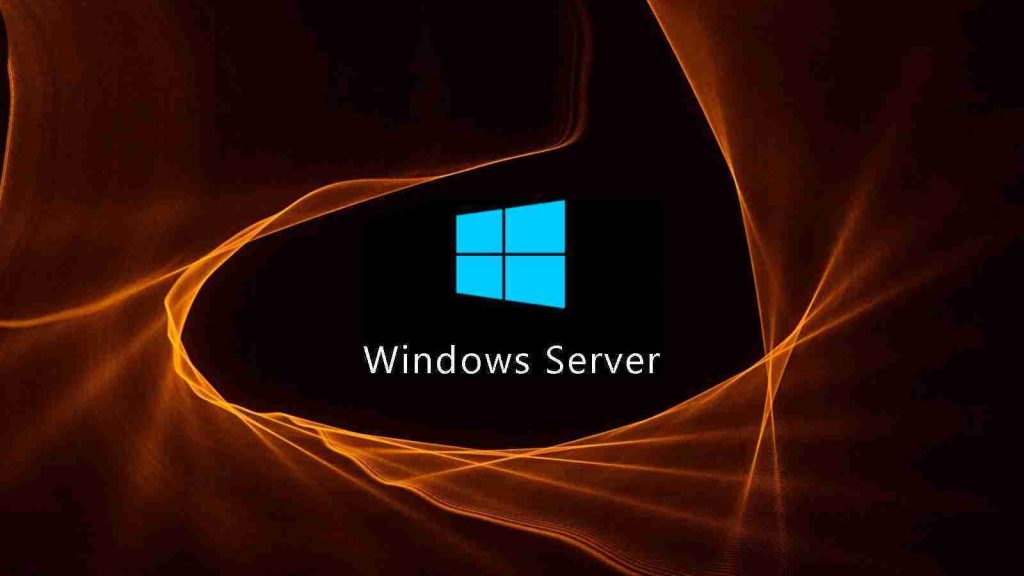KEEP IN TOUCH
Subscribe to our mailing list to get free tips on Data Protection and Cybersecurity updates weekly!







Microsoft has released an emergency out-of-band (OOB) update for Windows Server 2019 that fixes numerous critical bugs introduced during the January 2022 Patch Tuesday.
Soon after Windows Server admins installed the January 2022 updates, they began reporting severe issues, including domain controllers entering into boot loops, Hyper-V no longer starting, L2TP VPN connections failing, and ReFS volumes becoming inaccessible.
The issues were severe enough that many admins chose to uninstall the updates and forgo the included security fixes so that their servers could operate correctly again.
Also Read: Social engineering attacks: 4 Ways businesses and individuals can protect themselves
Yesterday, Microsoft released OOB updates for Windows Server 2022, Windows Server 20H2, Windows Server 20H1, Windows Server 2016, and Windows Server 2012 R2 to fix all of these issues.
Microsoft also released security updates for Windows 10, Windows 8, and Windows 7 operating systems to resolve the LT2P connection issues.
However, the KB5010791 OOB update for Windows 2019 was not ready yesterday and was finally released this evening with the following fixes:
Microsoft states that the Windows Server 2019 KB5010791 update is available for Windows Update and the Microsoft Catalog. However, it is not currently available in WSUS and must be imported manually.
The complete list of the OOB updates released to fix the January 2022 bugs are listed below.
Also Read: How can businesses protect their enterprise from Business Email Compromise (BEC) attacks?
The following updates can only be downloaded and installed via the Microsoft Update Catalog:
Updates for the following Windows versions are also available through Windows Update as an optional update:
Windows Server admins who installed yesterday’s OOB updates report that they fixed the issues with the January updates.